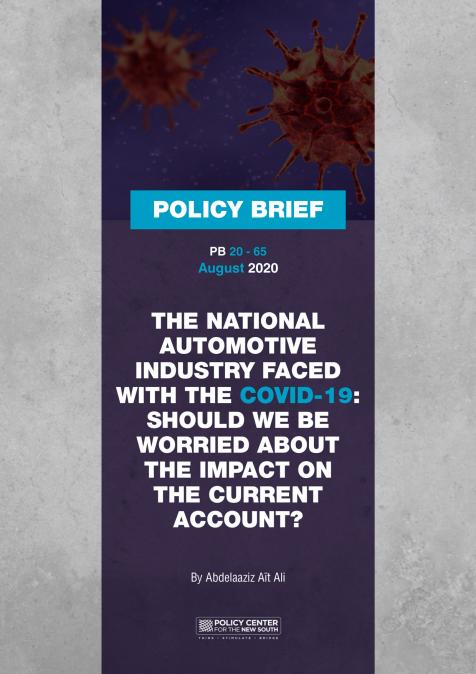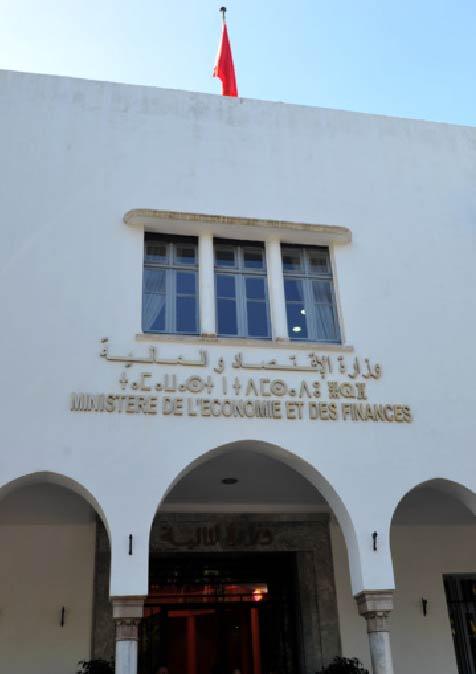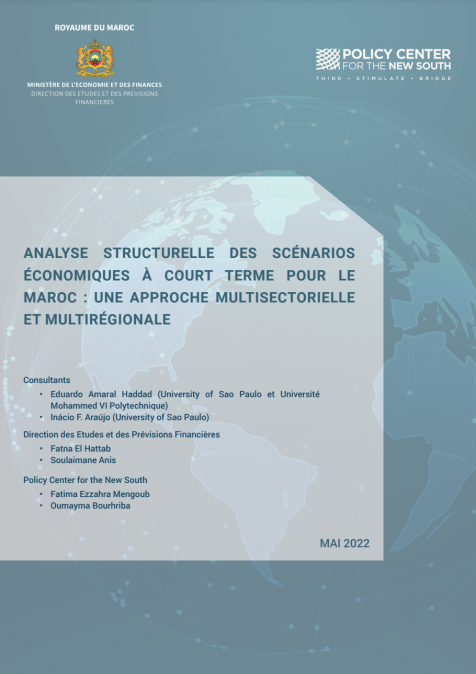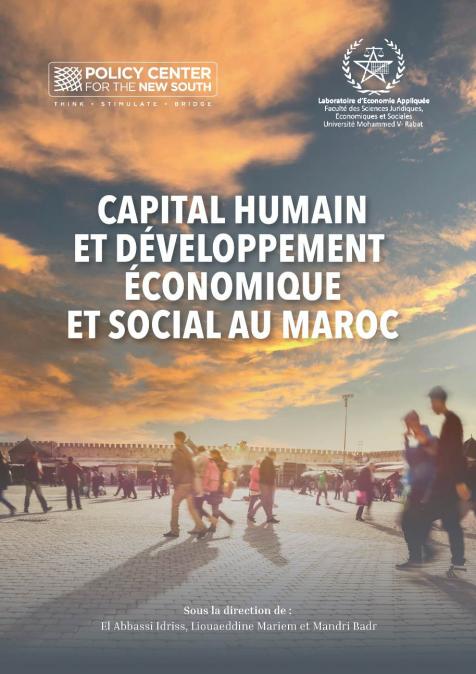Publications /
Policy Brief
The year 2020 is one of the most difficult years for the global automotive industry. The pandemic first appeared in a region of China known for its developed automotive sector. Initially, it was the South Asian manufacturers who first felt the impact of the shutdown in China before the pandemic shifted to Europe and the United States and before the disruption of value chains took on a global dimension. In Morocco, the sector has not remained immune to this turbulent context and its export performance shows a decline of nearly 40% in turnover over the first half of the year. However, the net effect of this contraction on foreign exchange inflows is not expected to be as significant, for two main reasons: The first is linked to the sector's heavy dependence on imported inputs, which would reduce the sector's demand for intermediate goods, and the second relates to the predominance of foreign capital in the sector, which will see the repatriation of its earnings dwindle. It is therefore essential to broaden the scope of analysis of the spillover effects of the automotive sector and, by the same token, of Morocco's global trades beyond the notion of domestic value added achieved in exports. Indeed, it is useful to take account of the distribution of value added between the factors of production, which suggests the predominance of the capital earnings factor - foreign capital in the case of the motor vehicle sector - prone to repatriate all or part of its profits. In parallel to promoting Morocco's attractiveness - a policy crucial for technology transfer and integration into global value chains - decision-makers should work to consolidate the presence of national capital in the industrial ecosystem and place it at the center of any industrial policy capable of leading industry to a new path of development.










